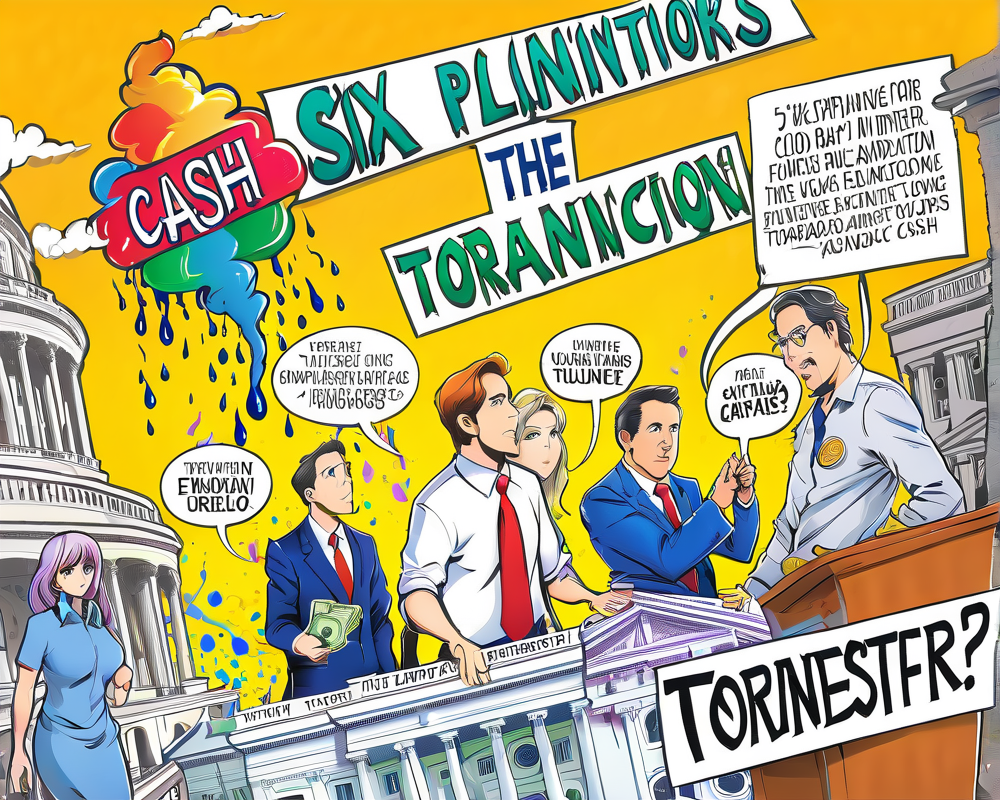Overview of the Case
In a landmark legal battle, six individuals are challenging the United States Treasury’s sanctioning of Tornado Cash, a crypto mixer. These plaintiffs argue that the government’s decision is an overreach of power and infringes upon their First Amendment rights. They recently laid out their case in a filing that aims to turn the tide on this controversial legislation.
Key Arguments from the Plaintiffs
The plaintiffs have summed up their case with four main arguments, all suggesting that the Treasury’s attempt at regulating Tornado Cash is fundamentally flawed. Let’s dive into these points.
Argument 1: Misclassification of Tornado Cash
First off, the plaintiffs argue that the Treasury is mistaking Tornado Cash for an unincorporated association by claiming it as a foreign “national.” This convoluted classification requires the Treasury to link Tornado Cash to a common purpose involving all holders of the TORN token. However, the plaintiffs point out that the Treasury’s own definitions contradict this classification, making it hard for them to justify their actions.
Argument 2: The Misconception of Property
In argument number two, the plaintiffs tackle the definition of property itself. According to the law, sanctions can only block “property.” Yet the core of Tornado Cash houses open-source, immutable smart contracts that no one can own or control. So, how can something that isn’t owned be sanctioned?
Argument 3: Lack of Interest
The third jab at the government’s case revolves around the idea that no Tornado Cash entity holds any actual “interest” in the smart contracts that the Treasury attempts to sanction. If the entity isn’t recognized as having control or ownership, how can it be subject to sanctions?
Argument 4: First Amendment Unrest
Finally, the plaintiffs contend that even if the Treasury believes it has the authority to sanction Tornado Cash, this action violates their First Amendment rights. They argue that the government can’t simply tell users to exercise their right to free speech elsewhere, especially when it comes to the vital matter of financial privacy and open-source technology.
Timeline and Background
The sanctions were initially slapped on various addresses connected to Tornado Cash on August 8, 2022, right after the code for the user interface became open-sourced. This seemingly knee-jerk reaction has been met with strong opposition from Coinbase and the plaintiffs’ camp, who argue that this is an overly broad interpretation of financial regulations against a backdrop of emerging decentralized technologies.
Conclusion: The Stakes Are High
As this legal drama unfolds, both the implications for digital privacy and the limits of governmental power are being tested. The outcome of this case could very well create significant precedents in how the law interacts with emerging technologies. Who knew that battling over a crypto mixer could lead to a constitutional showdown?




